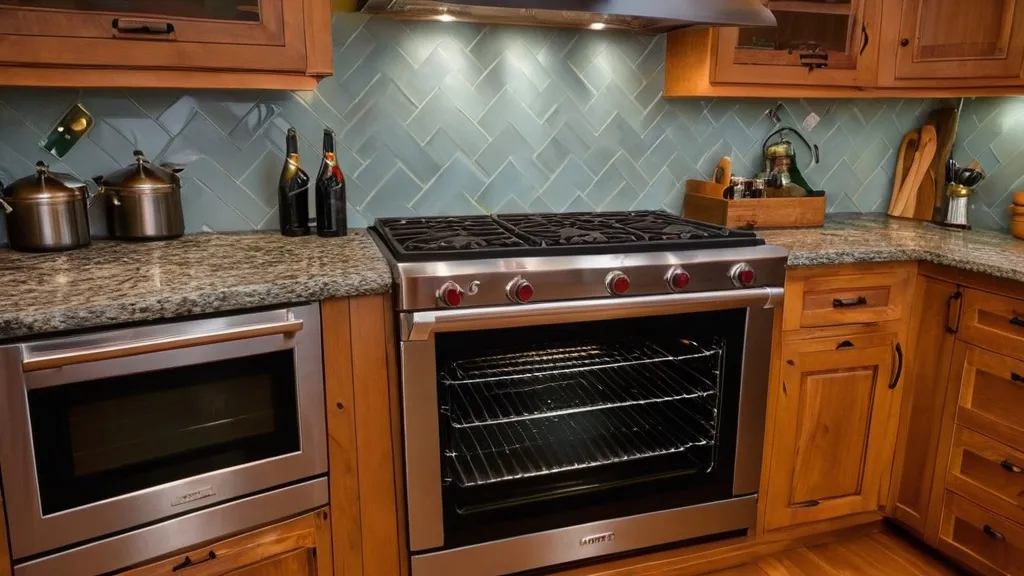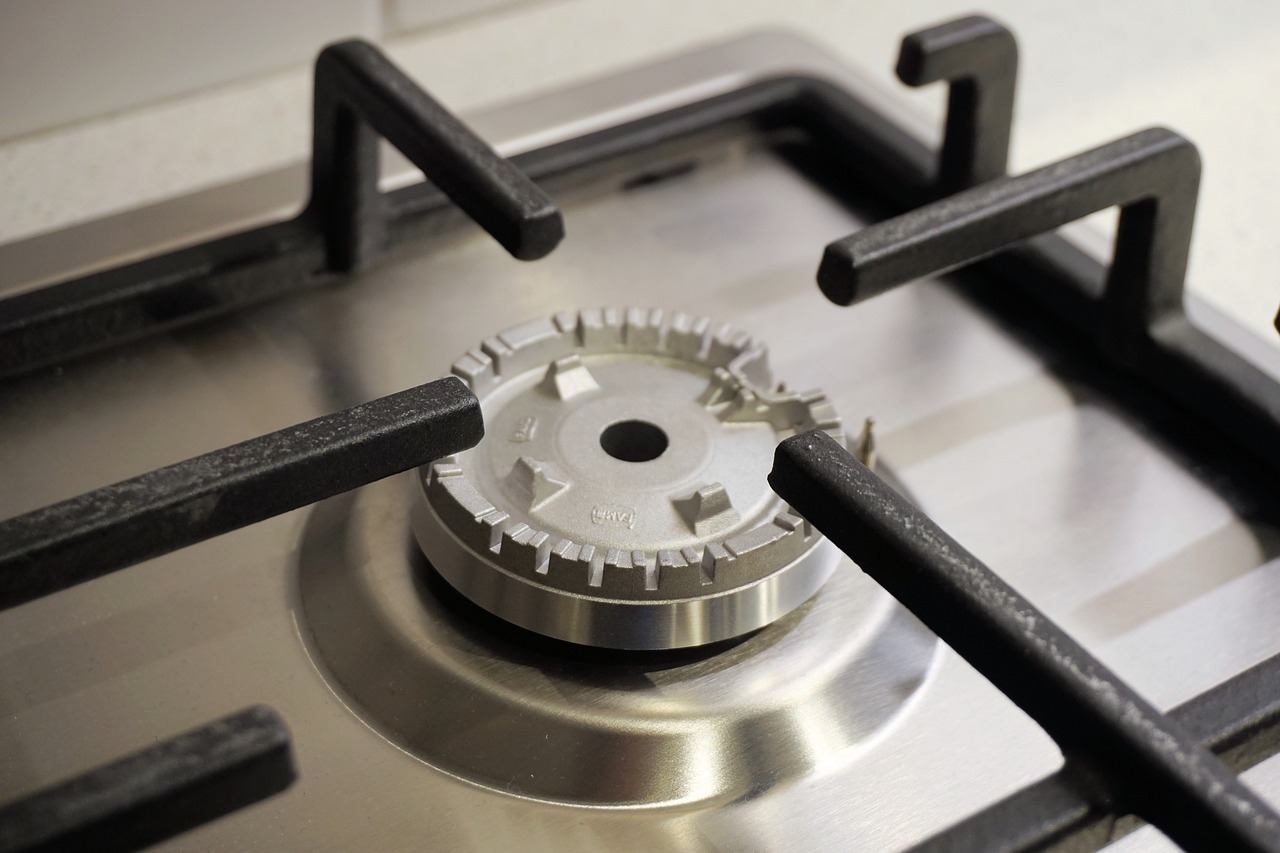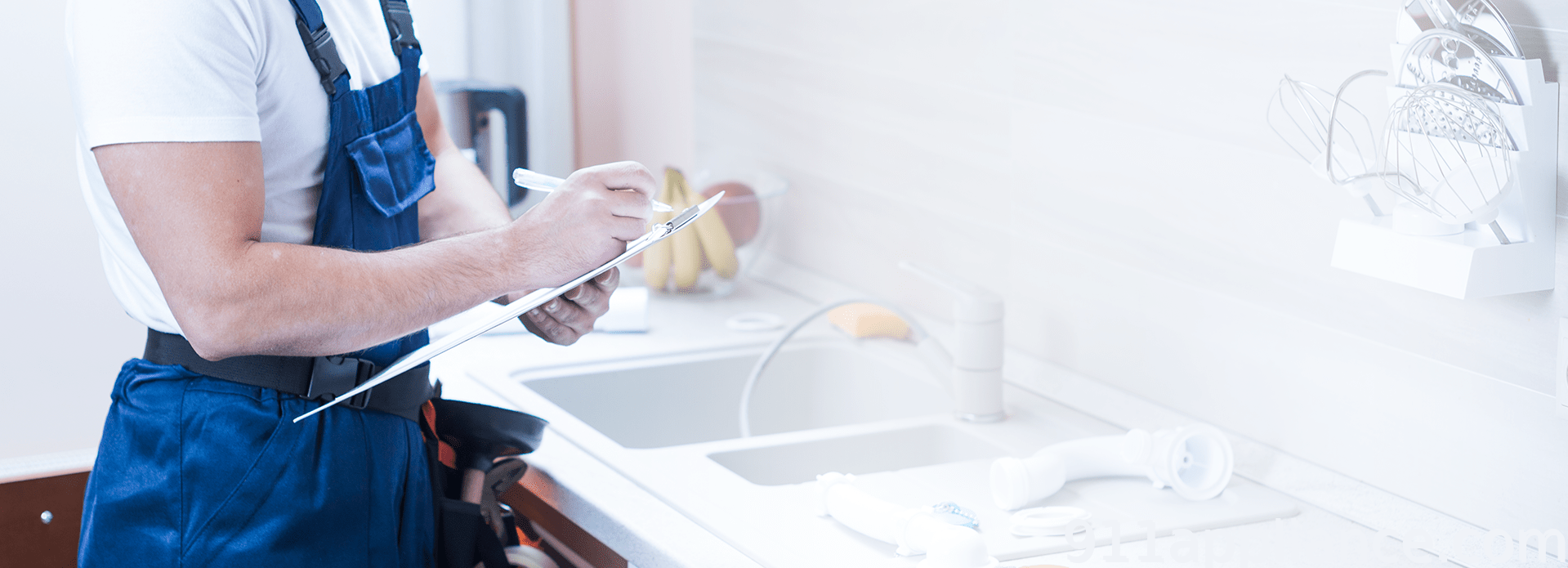Gas leaks can pose a serious threat to the safety and well-being of your home and family. Whether it’s a natural gas leak or a propane leak, the dangers are significant. Gas leaks can lead to health risks, such as carbon monoxide poisoning, as well as potential explosions that can cause severe property damage and even loss of life. It is crucial to understand the signs and symptoms of a gas leak, as well as how to safely address and prevent them. In this article, we will explore the importance of gas leak prevention and response, providing you with the knowledge and tools to keep your home safe.
Table of Contents
- Key Takeaways
- Understanding the Danger of Gas Leaks in Your Home
- Signs and Symptoms of a Gas Leak: What to Look For
- The Importance of Regular Gas Leak Inspections and Maintenance
- How to Safely Address a Gas Leak in Your Home
- Emergency Response: What to Do if You Suspect a Gas Leak
- Gas Leak Detection Equipment: Types and Uses
- The Role of Professionals in Gas Leak Prevention and Response
- Protecting Your Family: Gas Leak Safety Precautions
- Keeping Your Home Safe: Gas Leak Prevention Tips
- The Consequences of Ignoring Gas Leaks: Risks and Dangers
- What Safety Precautions Should I Take to Protect My Home and Family from Gas Leaks?
- How Can Gas Leaks and Refrigerator Repair Both Pose Dangers to Your Home and Family?
- FAQs
- What is a gas leak?
- What are the signs of a gas leak?
- What should I do if I suspect a gas leak?
- How can I prevent gas leaks?
- What are some safety precautions to take around gas appliances?
- What should I do if I smell gas in my home?
Key Takeaways
- Gas leaks in your home can be dangerous and even deadly.
- Signs of a gas leak include a rotten egg smell, hissing sounds, and dead plants.
- Regular gas leak inspections and maintenance can prevent leaks from occurring.
- If you suspect a gas leak, leave your home immediately and call for professional help.
- Gas leak prevention tips include installing carbon monoxide detectors and avoiding DIY gas appliance installations.
Understanding the Danger of Gas Leaks in Your Home
Gas leaks in your home can be extremely dangerous due to the potential health risks and explosions they can cause. Natural gas and propane are both highly flammable, and even a small spark can ignite them, leading to an explosion. These explosions can cause significant property damage and put lives at risk. In addition to the risk of explosions, gas leaks can also lead to health problems. Natural gas is odorless, but gas companies add a chemical called mercaptan to give it a distinct smell, similar to rotten eggs. This odor serves as a warning sign that there may be a gas leak present. Breathing in high levels of natural gas or propane can lead to symptoms such as headaches, dizziness, nausea, and difficulty breathing. Prolonged exposure can be fatal.
Signs and Symptoms of a Gas Leak: What to Look For
It is essential to be aware of the signs and symptoms of a gas leak so that you can take immediate action if you suspect one in your home. The most obvious sign of a gas leak is the smell of rotten eggs or sulfur. If you notice this odor in your home, it is crucial not to ignore it or assume it will go away on its own. Other signs of a gas leak include hissing or whistling sounds near gas appliances, dead plants or vegetation near gas lines, and a white cloud or fog-like appearance around the gas line. In addition to these signs, there are also physical symptoms that you may experience if there is a gas leak in your home. These symptoms can include headaches, dizziness, nausea, fatigue, difficulty breathing, and chest pain. If you or anyone in your household experiences these symptoms and suspects a gas leak, it is essential to take immediate action.
The Importance of Regular Gas Leak Inspections and Maintenance
| Prevention of Gas Leaks | Regular inspections and maintenance can detect and fix potential gas leaks before they occur, preventing dangerous situations and potential disasters. |
| Cost Savings | Regular inspections and maintenance can identify and fix small issues before they become larger and more expensive problems. |
| Compliance | Regular inspections and maintenance are often required by law or regulations to ensure the safety of employees and the public. |
| Peace of Mind | Regular inspections and maintenance can provide peace of mind for building owners and occupants, knowing that their gas systems are safe and functioning properly. |
Regular inspections and maintenance are crucial for preventing gas leaks in your home. Gas appliances, such as furnaces, water heaters, and stoves, should be inspected annually by a qualified professional. During these inspections, the technician will check for any signs of leaks or damage and ensure that the appliances are functioning correctly. In addition to annual inspections, it is also important to perform regular maintenance on your gas appliances. This can include cleaning or replacing filters, checking for loose connections or fittings, and ensuring proper ventilation. By staying on top of inspections and maintenance, you can catch any potential issues before they become major problems.
How to Safely Address a Gas Leak in Your Home
If you suspect a gas leak in your home, it is crucial to take immediate action to ensure the safety of yourself and your family. The first step is to evacuate the premises. Do not turn on or off any electrical devices or light switches, as this can create a spark that could ignite the gas. Once you are safely outside, contact your gas company’s emergency line to report the leak. They will be able to send a technician to assess the situation and make any necessary repairs. It is important not to attempt to fix the leak yourself unless you are a trained professional. Gas leaks can be extremely dangerous, and attempting to repair them without the proper knowledge and equipment can lead to further damage or injury.
Emergency Response: What to Do if You Suspect a Gas Leak

In the event of an emergency gas leak situation, it is crucial to know what steps to take to ensure the safety of yourself and your family. The first and most important step is to evacuate the premises immediately. Do not waste any time gathering belongings or trying to locate the source of the leak. Once you are safely outside, call emergency services and your gas company’s emergency line to report the leak. They will be able to send professionals to assess the situation and make any necessary repairs. It is important not to re-enter the building until it has been deemed safe by the professionals. They will be able to determine if it is safe to return or if further action needs to be taken.
Gas Leak Detection Equipment: Types and Uses
Gas leak detection equipment plays a crucial role in identifying and addressing gas leaks in your home. There are several different types of gas leak detection equipment available, each with its own uses and benefits. One common type of equipment is a gas detector, which can detect the presence of gas in the air and alert you with an audible alarm. These detectors can be installed in various locations throughout your home, such as near gas appliances or in basements or crawl spaces. Another type of gas leak detection equipment is a gas sniffer, which uses sensors to detect the presence of gas in the air. These devices are often used by professionals during inspections or repairs. In addition to these types of equipment, there are also handheld gas detectors that can be used for personal safety when working with gas appliances or in areas where gas leaks may be present.
The Role of Professionals in Gas Leak Prevention and Response
Professionals play a crucial role in preventing and responding to gas leaks in your home. Gas company employees are trained to handle emergency situations and can quickly assess and repair gas leaks. They have the knowledge and equipment necessary to safely address the issue and ensure the safety of your home and family. In addition to gas company employees, HVAC technicians also play a role in gas leak prevention and response. These professionals are trained to inspect and maintain gas appliances, ensuring that they are functioning correctly and not at risk of leaking. By relying on professionals for gas leak prevention and response, you can have peace of mind knowing that the issue is being handled safely and effectively.
Protecting Your Family: Gas Leak Safety Precautions
There are several safety precautions you can take to protect your family from gas leaks in your home. One of the most important precautions is to install carbon monoxide detectors throughout your home. Carbon monoxide is a byproduct of incomplete combustion and can be produced by gas appliances if they are not functioning correctly. Carbon monoxide is odorless and colorless, making it impossible to detect without a detector. By installing carbon monoxide detectors, you can be alerted to the presence of this dangerous gas and take immediate action. It is also important to avoid attempting DIY repairs on gas appliances. Gas leaks can be extremely dangerous, and attempting to fix them without the proper knowledge and equipment can lead to further damage or injury. Always rely on trained professionals for repairs or maintenance.
Keeping Your Home Safe: Gas Leak Prevention Tips
Preventing gas leaks in your home is crucial for the safety of your family and property. There are several steps you can take to prevent gas leaks from occurring. One of the most important steps is to ensure proper ventilation in areas where gas appliances are located. Proper ventilation allows for the safe release of any gases produced by these appliances, reducing the risk of a buildup that could lead to a leak. It is also important to keep the area around gas appliances clean and free from debris or flammable materials. Regularly inspecting gas appliances for any signs of damage or wear and tear is also crucial for preventing leaks. If you notice any issues, such as loose connections or fittings, it is important to have them repaired immediately.
The Consequences of Ignoring Gas Leaks: Risks and Dangers
Ignoring gas leaks in your home can have severe consequences, both in terms of health risks and property damage. Breathing in high levels of natural gas or propane can lead to symptoms such as headaches, dizziness, nausea, and difficulty breathing. Prolonged exposure can be fatal. In addition to the health risks, gas leaks can also lead to explosions that can cause significant property damage and put lives at risk. The consequences of ignoring gas leaks are not worth the risk. It is crucial to take immediate action if you suspect a gas leak in your home to ensure the safety of yourself and your family.
Gas leak prevention and response are essential for the safety and well-being of your home and family. Understanding the dangers of gas leaks, recognizing the signs and symptoms, and knowing how to safely address and prevent them are crucial steps in protecting your home. By relying on professionals for inspections and repairs, installing carbon monoxide detectors, and following proper safety precautions, you can minimize the risk of gas leaks in your home. Don’t ignore the potential dangers of gas leaks – take action today to protect your home and loved ones.
If you’re concerned about gas leaks and want to ensure the safety of your home, it’s important to be aware of the potential issues and take necessary precautions. In a recent article by 911 Appliance, titled “Identifying and Addressing Issues: Gas Leaks and Safety Precautions,” they provide valuable insights on how to detect gas leaks, steps to take in case of a leak, and the importance of regular maintenance. This informative piece offers practical tips and advice to help homeowners protect their families and property. To learn more about gas leak safety precautions, check out the article here.
What Safety Precautions Should I Take to Protect My Home and Family from Gas Leaks?
Identifying gas smell leaks is crucial for the safety of your home and family. Install carbon monoxide detectors and regularly inspect your gas appliances for any signs of leaks. Make sure to follow proper ventilation guidelines and have your gas lines professionally checked at least once a year.
How Can Gas Leaks and Refrigerator Repair Both Pose Dangers to Your Home and Family?
Gas leaks and refrigerator repair are both critical to the safety of your home and family. A small gas leak can lead to a major disaster, while neglecting the importance of refrigerator repair can result in spoiled food and potential health hazards. Both issues should be addressed promptly to avoid any dangerous consequences.
FAQs
What is a gas leak?
A gas leak is the unintended release of natural gas or other gases into the atmosphere. It can occur due to various reasons, including faulty appliances, damaged pipelines, or improper installation.
What are the signs of a gas leak?
The signs of a gas leak include a strong odor of gas, hissing or whistling sounds near gas appliances or pipelines, dead plants or vegetation near pipelines, and bubbles in standing water.
What should I do if I suspect a gas leak?
If you suspect a gas leak, you should immediately evacuate the area and call your gas company or emergency services. Do not use any electrical devices, light switches, or open flames, as they can ignite the gas.
How can I prevent gas leaks?
You can prevent gas leaks by ensuring that all gas appliances are properly installed and maintained, checking for signs of damage or wear on gas pipelines, and avoiding DIY repairs or installations.
What are some safety precautions to take around gas appliances?
Some safety precautions to take around gas appliances include ensuring proper ventilation, keeping flammable materials away from gas appliances, and installing carbon monoxide detectors.
What should I do if I smell gas in my home?
If you smell gas in your home, you should immediately evacuate the area and call your gas company or emergency services. Do not use any electrical devices, light switches, or open flames, as they can ignite the gas.



